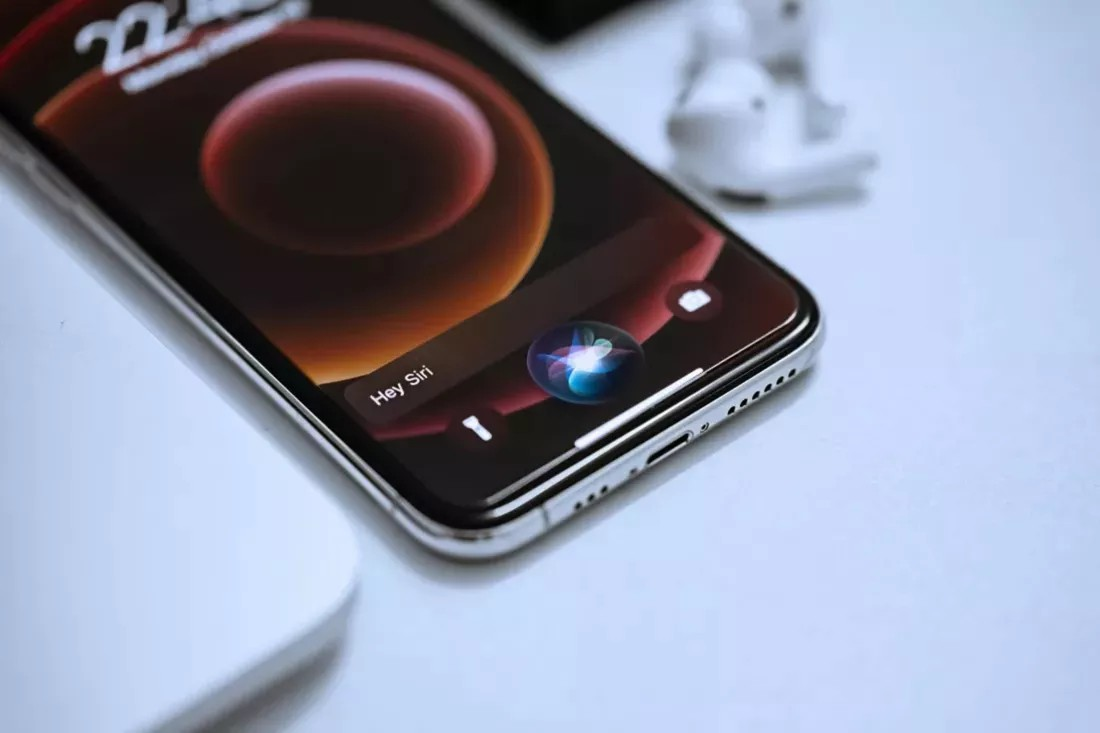When Apple unveiled an upgraded version of Siri in June 2024, it called it “the beginning of a new era” for the 13-year-old assistant. According to the demo, Siri can aggregate data from emails, text messages, and real-time flight information to answer questions like “what’s for lunch” or “when is mom’s flight landing.”
However, the reality is still far from this vision.
On March 7, Apple announced that it was delaying an update to Siri – a version that was expected to bring more personalized responses to users, raising concerns that the tech giant could fall behind in the AI race. According to Bloomberg , even the Siri division is confused about this direction.

Apple struggles on the AI path
AI is being heralded as the next revolution in the Internet, with the potential to reshape the way people work, communicate and consume information. In 2007, Apple ushered in the mobile era with the iPhone, laying the foundation for what would become the most important computing device in modern life.
Nearly two decades later, the tech world is waiting to see if Apple can make its mark with AI again. While Siri has been delayed, its competitors—from Google to Samsung—have been rolling out new AI features, improving their processors, and developing more advanced artificial intelligence models.
Apple Intelligence – Apple's AI suite – cannot be launched simultaneously with the iPhone 16 but will have to wait a few more months, while Google and Samsung have integrated more AI technology into their devices.
For example, Google Gemini has the ability to personalize responses based on search history, while Amazon Alexa+ can remember users' preferences for restaurants and artists to make appropriate suggestions.
By the end of 2024, most of Apple Intelligence's features, such as emoji creation or ChatGPT integration into Siri, will be available. However, the delay in Siri still disappoints many people.
Apple admits it needs more time to perfect this feature, and the new Siri is expected to launch next year.
Apple’s challenges extend beyond AI. The company also faces risks from US-China trade tensions, declining iPhone sales in mainland China, and slowing global growth.
Product delays of this scale are rare, according to analyst Gene Munster, who has followed Apple for decades.
Still, Apple has some advantages. Its massive user base and the popularity of the iPhone help it maintain a strong position.
Smartphones remain Apple's core product and an indispensable device in modern life, according to Barton Crockett, managing director at Rosenblatt Securities.
Wedbush analyst Dan Ives is also optimistic that Apple will achieve new successes in 2025. CEO Tim Cook once shared that iPhone sales in markets that have deployed Apple Intelligence have shown signs of improvement.
The delay of Siri isn’t necessarily a major setback. If Apple rushes out an unfinished version, it could run into the same problems as Google did with AI Overviews, which was criticized for suggesting users pour glue on pizza to keep cheese from falling.
Meta has also had to delete AI-generated personal pages due to protests.
In addition, media reports said Apple is developing a thinner iPhone model this year, helping to draw attention to its “trump card” in the context of Chinese brands becoming increasingly creative with phone design.
Ultimately, Siri’s delay isn’t a sign that Apple has lost its way. The company continues to invest in AI and improve the iPhone, aiming for a future where artificial intelligence becomes an integral part of the user’s digital experience.
(According to CNN, Bloomberg)



























![[Photo] National Assembly Chairman Tran Thanh Man visits Vietnamese Heroic Mother Ta Thi Tran](https://vphoto.vietnam.vn/thumb/1200x675/vietnam/resource/IMAGE/2025/7/20/765c0bd057dd44ad83ab89fe0255b783)










































































Comment (0)